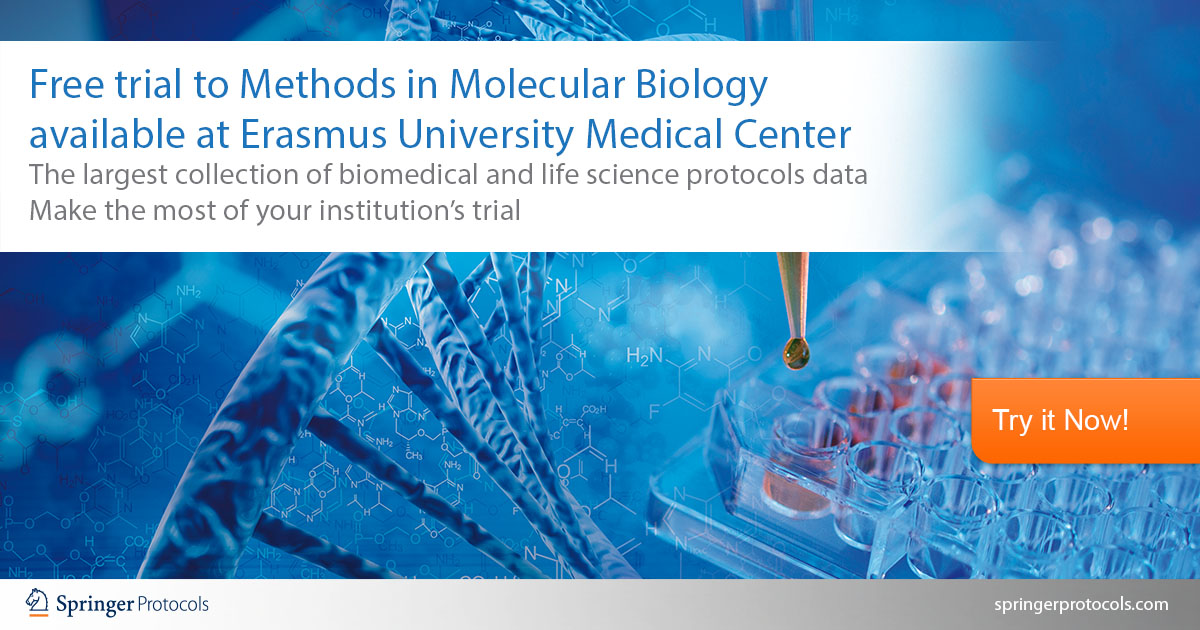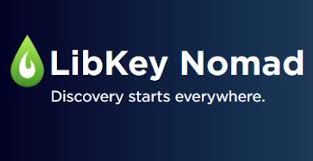The ambition of the Dutch universities is to achieve 100% open access to all research output. With several publishers agreements have been concluded about changing their journals into open access. Ideally, the author’s fees (APC) for all journals have been bought off by the Dutch universities. In other cases this holds only for a selected list of journals or for a limited number of articles.
But there still are a number of journals for which an APC is charged. To subsidize corresponding authors to publish their research output in Open Access journals Erasmus MC en EUR created the Erasmus Open Access Fund in 2019.
The goal of the Erasmus Open Access Fund was to stimulate OA publishing. Since the financial means are limited, we expected to be able to subsidize about 55 papers from Erasmus MC annually.
Due to a large increase in the demand for subsidies, we have already run out of budget by March 2021. Therefore the fund is no longer available.
Alternatives
To reduce costs for the department of the corresponding authors we bring the following options to your attention.
1 – Select a journal from a publisher with a (Gold) OA agreement
If you have not yet decided in which journal you want to publish, you could choose for a publisher with which we have an OA deal.
See https://www.openaccess.nl/en/in-the-netherlands/publisher-deals for an overview of all publishers.
Or use the Erasmus Journal browser to find the conditions for a given journal.
2 – Green Open Access in Europe PubMed Central
On April 1, 2021 NWO and ZonMw will become members of Europe PMC (PubMed Central), an open science platform that maintains a worldwide collection of scientific articles and other research output. This membership allows NWO and ZonMw funded researchers in the life sciences and medical sciences to globally share their publications via one central location. With this, they will also satisfy the requirements that NWO and ZonMw set for the research projects they fund: making publications openly accessible immediately. Click here for more information.
3 – Green Open Access via institutional repository RePub
RePub, the EUR’s institutional repository, facilitates the Open Access publishing of EUR research via the so-called “Green Road“, in accordance with the strategic plan of the university. This means that authors are required to deposit (“self archiving”) the Accepted Author Manuscript (AAM) or ‘final author version’ of a publication in RePub. In some cases an embargo period is required. In the Sherpa / Romeo database the policies of journals and publishers can be checked.
Taverne amendment on Green Open Access
Pursuant to Article 25fa of the Copyright Act, researchers may make the publisher’s version of their articles available Open Access after a 6 months embargo.
Scholarly work published during your affiliation with Erasmus MC can be made Open Access via the Taverne Amendment under the following conditions:
- The publication is financed in whole or in part with Dutch public funds.
- The creator(s) is/are employed by a Dutch university; the creators can be both authors and co-authors.
- It is a short scientific work; the length of a scientific article, a book chapter or a conference proceeding.
The principles of the Taverne Amendment have been adopted by the Association of Universities in the Netherlands (VSNU) and the board of the National Programme for Open Science (NPOS). These principles include the expiry of an embargo after six months, so that all published articles, chapters and conference proceedings in the University’s repository can become available Open Access from that time. Erasmus University Rotterdam is currently working on designing a simple procedure for a broad roll-out.



